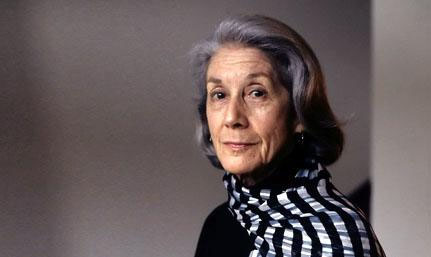 |
Nadine Gordimer
11 October 2012 |
Renowned writer and Nobel Prize winner Nadine Gordimer will deliver the inaugural Reconciliation Lecture at the university on Wednesday 7 November 2012.
Nadine Gordimer received the Nobel Prize in Literature in 1991. Her latest book, No Time Like the Present, was published in March 2012.
Her writing deals with moral and racial issues during apartheid and books such as July's People were banned. She participated actively in the anti-apartheid movement and has recently been active in HIV/Aids causes.
She has received honorary degrees from Yale, Harvard, Columbia, and the New School for Social Research in the USA, the University of Leuven in Belgium, the University of York and Cambridge University, both in England, and the Universities of Cape Town and the Witwatersrand. France also honoured her with a Commandeur de l'Ordre des Arts et des Lettres.
The lecture on Wednesday 7 November will start at 17:30 in the Kovsie Church.
The public is welcome to attend. Please RSVP to Rochelle Ferreira on 051 401 9808 or FerreiraR1@ufs.ac.za.